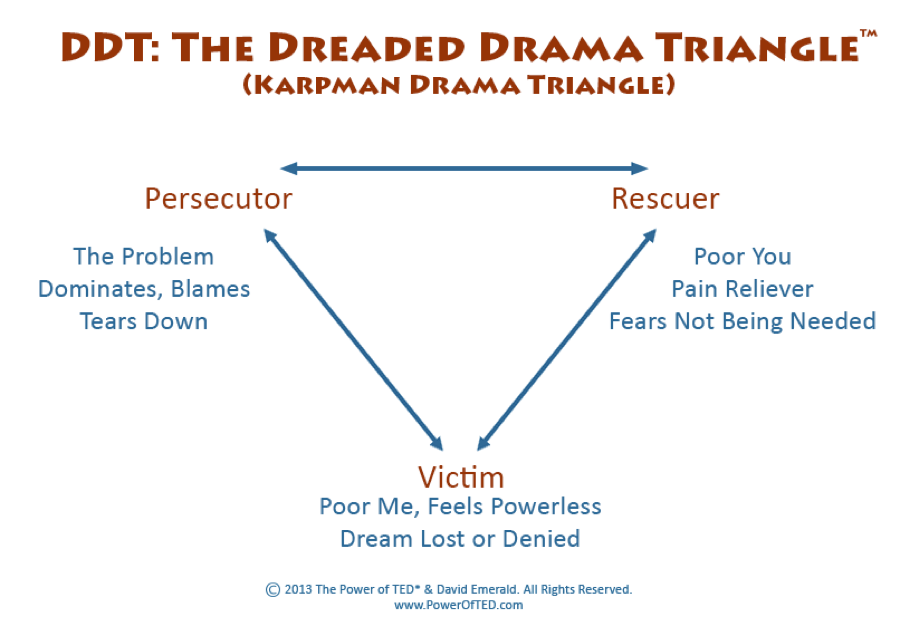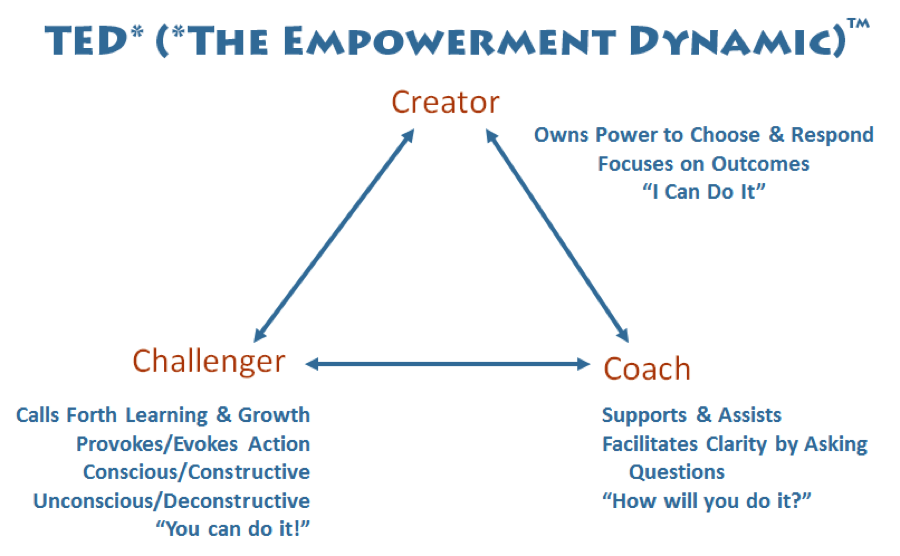The Stories You Tell Yourself And Others
Stories are how we justify actions, pursue purpose and explain ourselves to others. How each person’s story fits (or not) with others affects relationship and belonging. In this article I explore assumptions, heuristics, acting out life through fantasy, Jungian archetypes, memory manipulation, self-authoring and priorties.
SIMPLE STEREOTYPES
Ever notice in all the old movies the good guys wore white and the bad guys wore black? It saves huge amounts of time if we can use simple coding for the plot, and over time these assumptions become so natural and embedded nobody challenges them, we just accept the casting and watch the movie.
The same is true in our lives, we may have assumptions that Ms A is just like our mother, sister, aunt, first girlfriend, and then adopt a pattern of behaviour accordingly. We have similar coded responses when dealing with bosses, police, nurses or doctors.
A heuristic is a mental shortcut that allows people to solve problems and make judgments quickly and efficiently. These rule-of-thumb strategies shorten decision-making time and allow people to function without constantly stopping to think about their next course of action.
We jump to conclusions, and action, which is a good thing if you’re in a fight or flight situation of survival against something in the darkness, but perhaps less useful in the office or modern life.
In his excellent book Thinking, Fast and Slow by Daniel Kahneman, suggests that we might assume a very tall, young athletic looking man might be a pro basketball player when the reality is there are very few professional basketball players, and statistically he is more likely to be a bank manager, because there are many, many more of them.
ROLE PLAY
If you watch children you can see them acting out life through fantasy, cowboys and indians; doctors and nurses; cops and robbers. They are practicing and learning. In adulthood we may grow to use such simple stories to explain our lives and circumstances.

We may reframe the story based on our Locus of control. Locus of control is a psychological concept that refers to how strongly people believe they have control over the situations and experiences that affect their lives. Locus of control typically refers to how students perceive the causes of their success or failure in life.

The above are great simple and useful models from Lavern & Ronda Nissley of Encompass.
THE ARCHETYPES AND THE CAST
All the world’s a stage, And all the men and women merely players; They have their exits and their entrances; And one man in his time plays many parts, [By William Shakespeare, from As You Like It, spoken by Jaques]
We could expand life’s cast to many roles and indeed many significant objects: a dagger; an empty bottle of whiskey; a map. With just three objects you may already have formed a story!
Jungian archetypes are defined as images and themes that derive from the unconscious, as proposed by Carl Jung. Archetypes have universal meanings across cultures and may show up in dreams, literature, art or religion. There are twelve archetypes: The Innocent, Everyman, Hero, Outlaw, Explorer, Creator, Ruler, Magician, Lover, Caregiver, Jester, and Sage.
This is the stuff of every Hollywood movie which seek to stylize our lives. Carl Jung would argue that long before movies we would act out these images and themes in our dreams, hopes and desires. It is why a coach will often help you draw-out these subconscious thoughts into the daylight for closer examination and understanding.
NEITHER MEMORIES OR STORIES ARE FIXED
Memories are not fixed or frozen. Every time we recall something from the past we examine it in a new context, and indeed may edit or update the memory with new meaning or purpose based on reflection or new data. Memory therefore can be unreliable since each memory is a store of thoughts and feelings at one particular time, which might be potentially changed each time they are recalled.
For example, If you recite the story of that special day when you did that remarkable thing (remember that, that was huge!). Well the story will change over time. Maybe you add details or don’t mention bits if telling your parents or partner or the people at work. Maybe that thing which was huge when you were 5, actually seems quite small now that you are a 5’10” adult. Or maybe that really nice thing looks very different with hindsight, now that you now know about that other thing, which you didn’t know then.
It is a good thing to re-examine the past, but best done at a time and a place that does not distort the recollection and update with negative thoughts and feelings. The formula below hints at the problem of inaccurate memory.
Formula: Event + Data + Truth + Experience = Reality
Problems:
1) Event is vague: It may be what is, isn’t or might or didn’t happen (but you wanted it to)?
2) Data is uncertain: Did we get all the sights, sounds and signals?
3) Truth is variable: [1] what is, [2] what is perceived [3] what we noticed
4) Experience is subjective: thought & emotion can change because of circumstance and context
A good coach will help you identify, surface, recognise and navigate these elements.
BECOMING THE AUTHOR AND DIRECTOR OF YOUR OWN STORY
Sometimes it is really useful to write your story, either as a story or in a journal. This can help you examine how you want to describe the past, present and future and help you choose the words (values, lessons, beliefs) about those experiences and what they meant then, and what they mean now. The process translates thoughts and feelings into words which can more easily and objectively assessed, and also prepares the ground for your future choices and how you want to story to progress.
GOALS ARE SHORT STORIES IN THE BOOK OF YOUR LIFE
We link memories together to form stories of our past. We may do a bit of editorial to make them coherent and flow: we do not like to think of life as random events so we use narrative to create logical consequence, because of this, then that. The result is that these short stories become your lifes work. You get to chose the plot simply by deciding which scenes to keep and which to dump, delete or disregard.
What will you write about the past, present and future in each of the following chapters
*Financial/Career
*PhysicalHealth
*MentalHealth
*Family
*Friends
*Community
*Social
*Educational
*Fun
*Spiritual/Faith
What are your priorities and goals for each of the above? Having a goal gives people something to strive for, a purpose. Whatever you can conceive you can believe, and if you truly believe that may be your purpose.
THOUGHTS, TIPS, TOOLS AND IN TOUCH
My thoughts: Overall my conclusion is that you are important, what you have or have not done is important, and we only get so much time to choose, shape and direct our actions and outcomes. If you take the time to know yourself it will really help you use your time, and choose your focus, and achieve meaningful outcomes.
Tip 1: Look at the list above (Financial/Career to Spiritual/Faith) and rank them, then outline what (if anything) you would like to achieve on a daily, weekly monthly basis or in your lifetime.
Tip 2: Think about the top ten people, places or events that have had a big affect on you. The effect might be positive or negative but what have you learned, how have you changed, where have you come from and where do you want to go. This might encourage you to write a story, maybe an essay or a letter, or possibly a daily journal. This may be something private for you, or something for someone else to read.
Tip 3: Reexamine your story, perhaps even re-write, from different perspectives, perhaps as if a screen-writer or author. Does this change your perception or reflection, tone or direction?
My tools: I have templates which can help you reflect, ask questions and ponder answers. If you would like a these just email me. If you are interested in the themes raised in this article, and would like to know more about coaching, mentoring that can help you make sense of your past, present and future, get in touch.
tim@thinkingfeelingbeing.com
http://thinkingfeelingbeing.com/
REFERENCES USED IN THIS TEXT
https://www.encompasscc.org/blog/get-off-the-dreaded-drama-triangle
RELATED ARTICLES
Sometimes You Dont Know What You Think Until You Write It Down
https://adaptcoaching.blogspot.com/2021/01/sometimes-you-dont-know-what-you-think.html
The Structure Of All Stories – Including Yours
https://adaptcoaching.blogspot.com/2021/01/the-structure-of-all-stories-including.html
RECOMENDED BOOKS
Thinking, Fast and Slow by Daniel Kahneman
Memories, Dreams, Reflections by Aniela Jaffé and Carl Jung
Find the Right Therapy: Cognitive Behavioral Therapy, Psychodynamic Psychotherapy, Family Counseling, and Other Treatments That Work – By: Rebecca L. Shiner
Attachment in Psychotherapy – By: David J. Wallin
Client Centered Therapy – By: Carl Rogers
More Time to Think: The Power of Independent Thinking – By: Nancy Kline
The Coaching Habit: Say Less, Ask More & Change the Way You Lead Forever – By: Michael Bungay Stanier
Co-Active Coaching: The Proven Framework for Transformative Conversations at Work and in Life – By: Henry Kimsey-House , Karen Kimsey-House , Phillip Sandahl , Laura Whitworth
On Becoming a Person by Carl R. Rogers
Person-Centred Counselling in Action (Counselling in Action series) by Dave Mearns
Person-Centred Counselling Psychology: An Introduction by Ewan Gillon
